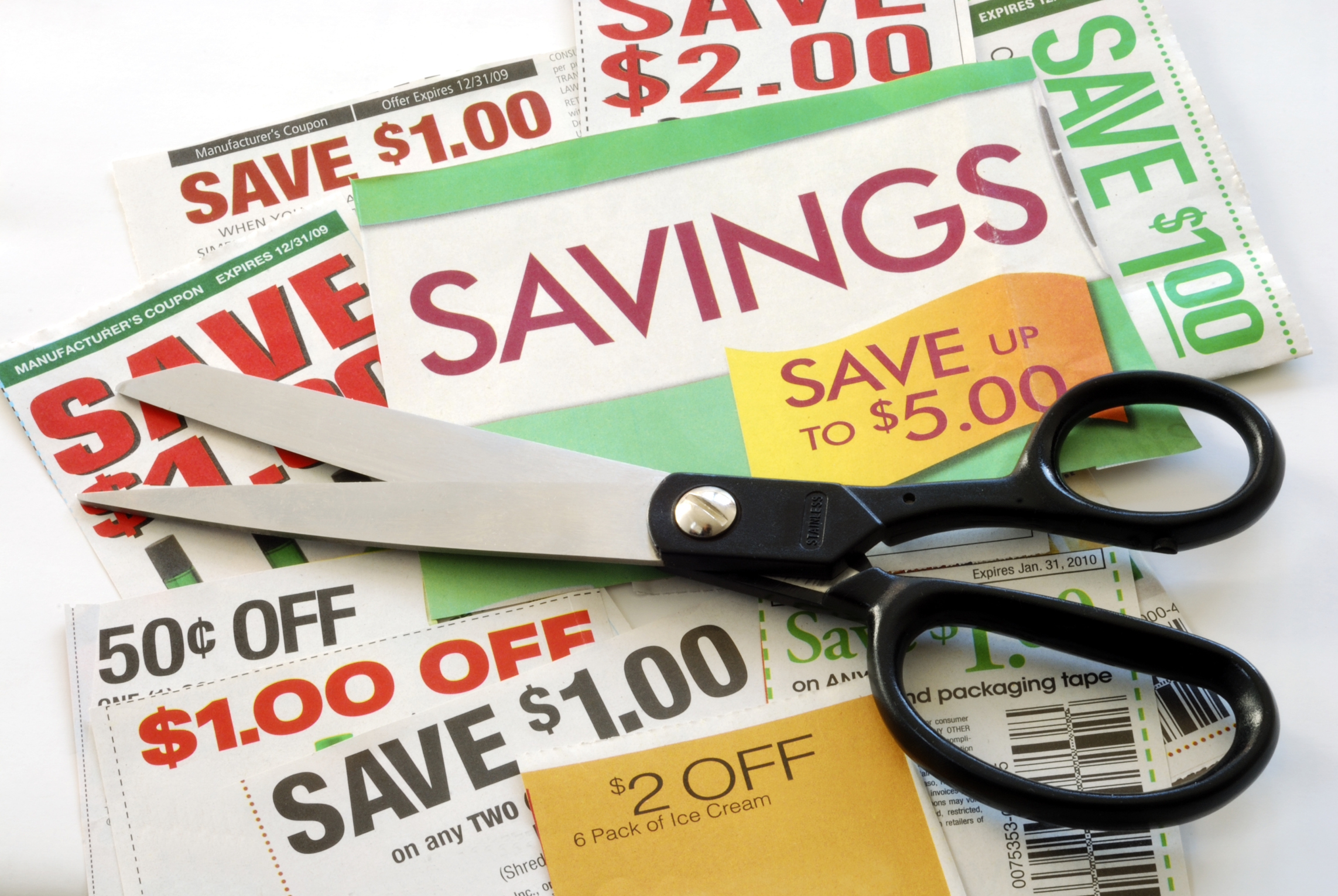Think you're cheap? As it turns out, certain metropolitan areas are particularly thrifty when it comes to shopping, according to a new report from Coupons.com. The site used couponing as a proxy for frugality.
Some of the top 10 penny-pinching cities were Orlando, Washington, Charlotte and New York. Together, residents of the 10 cities were able to save more than an estimated $259 million by using coupons for things like groceries and household items.
The rankings are based on savings, frequency of coupon usage and percentage of couponers as a share of population. "Otherwise, the most populated cities would lead the list," said Jeanette Pavini of Coupons.com.
Here are the top 10 "frugal" cities in America as ranked by Coupons.com, plus the money saved annually on average by each couponer. While residents of cities like New York saved the most per person, Orlando took the number one spot because a larger share of its residents use coupons.
Orlando — $205
Washington — $229
Charlotte — $272
New York — $476
Atlanta — $220
Cleveland — $223
Tampa, Fla. — $250
Nashville, Tenn. — $319
Raleigh, N.C. — $201
Virginia Beach, Va.— $362
To be fair, measuring "frugality" per se might not be so simple: The report did not address why exactly couponing might be more popular in certain areas and assumed that couponing can be a significant source of savings.
One reason coupons abound for household items and personal care products, for example, is that these products tend to be more expensive to begin with, said Tracie Fobes, a coupon expert and creator of Penny Pinchin' Mom.
Another problem equating couponing with frugality is that people seeking savings can be a symptom of financial difficulties in a community. In fact, a 2014 report from the Brookings Institution found that poverty was on the rise in several of the cities that made Coupon.com's list.
So does the report actually reflect good, old-fashioned thriftiness — or a need to save brought on by tough times?
It could be a mix of both, Fobes said.
"If you live in an a more expensive metropolitan area, it doesn't mean your income reflects that," she said. "This forces families to spend more time figuring out how to really stretch their budget."
The results weren't surprising, she said.
"The areas which are shown to be the most frugal are those with some of the best store deals," she said. "In the South, there is Publix, which is well known for its amazing deals. When the store works with consumers, it makes it very easy for them to save."
Not everyone believes in the power of couponing, however.
"I am highly skeptical of coupons," said Jordan Page, creator of the Fun Cheap or Free blog. "Clipping coupons to save money at the grocery store especially tends to be like stepping over dollars to pick up pennies. The amount of time, effort and brain power spent couponing — especially extreme couponing — could be spent saving you money in other, well-rounded ways."
Coupons, said Page, are typically for saving on name brands, which are more expensive in the first place. Many cheaper generic brands are actually made by the same name-brand companies, she said.
"Just because people in a city clip lots of coupons doesn't make them any more frugal than other parts of the country," she said.
Like it or not, couponing has grown in popularity in the digital age, Fobes said.
"There are so many apps you can use on your phone now which mean you do not not have to clip the traditional coupon," she said.
© CNBC is a USA TODAY content partner offering financial news and commentary. Its content is produced independently of USA TODAY.


